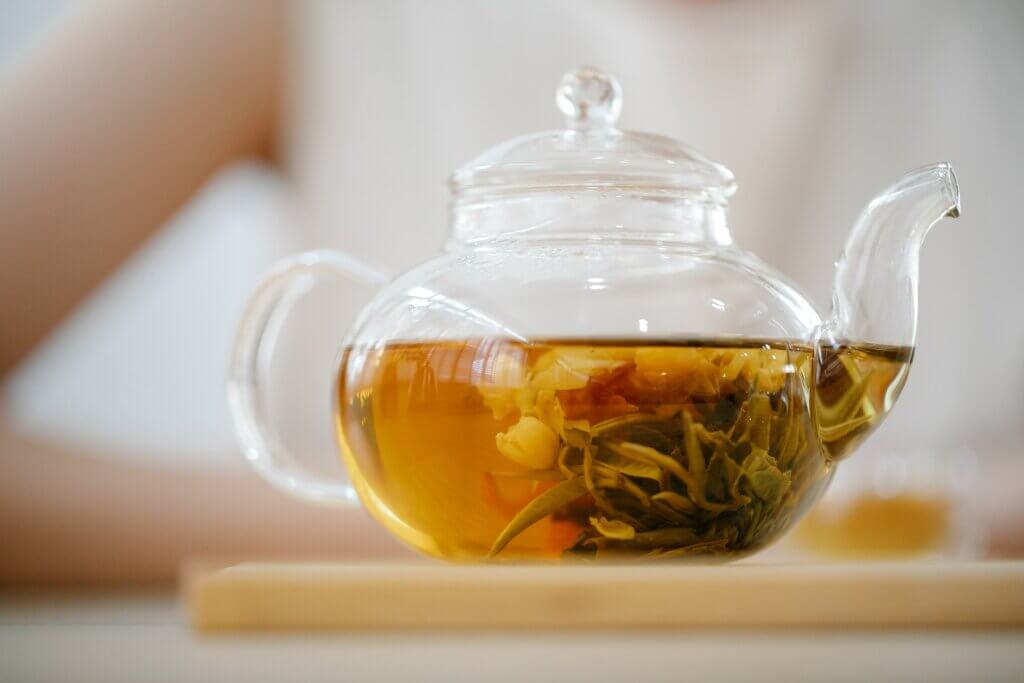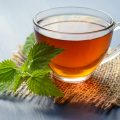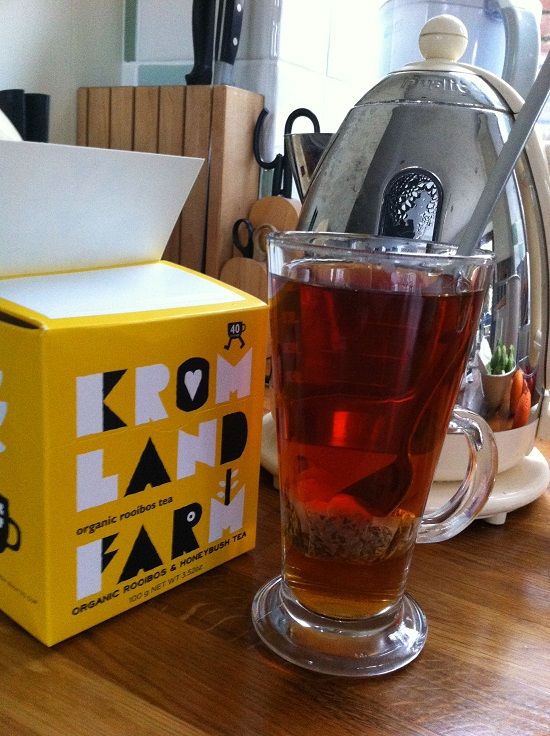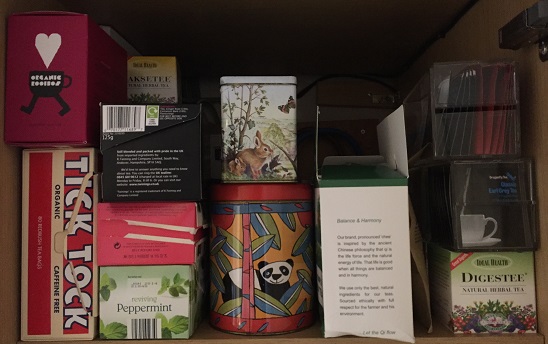As the spring days draw out and the weather begins to turn there is nothing quite like sitting down with a good book, a large mug of tea and piece of cake on a chilly spring day. Tea is an English institution; “put the kettle on” is one of the most used phrases in our houses today. Tea seems to help in many situations; calming, soothing, rejuvenating, rehydrating, refreshing and it’s a passtime we can all share with one another.

However, if you are allergic to dairy, normal tea and coffee are not quite the same. Anyone who has put soya or rice milk into tea or coffee will know instantly what I mean; soya milk tends to curdle and separate, resembling milk that’s gone off, and the colour is generally very dark and just doesn’t really look like normal tea or coffee.
Turning to herbal tea is a choice many people with a dairy allergy must take; tea and coffee can aggravate allergies, whilst some herbal teas on the other hand can be very beneficial and even alleviate symptoms. Here are just a few suggestions that I’ve tried in the past and know to be very beneficial to allergy sufferers:
- Oolong tea – Chinese tea thought to have beneficial qualities for health and beauty. It contains far higher polyphenols than black or green tea, well known for it’s anti-oxidant qualities.
- Rooibosh tea (Redbush) – Packed with anti-oxidants and anti-inflammatory. It contains far less tannin that normal tea and is naturally caffeine free.
- Green tea – Scientist have proven that green tea can give marked relief to allergy symptoms. Visit the Science Daily website to find out the facts behind why this happens.
- Camomile tea – Well know for its calming and anti-inflammatory qualities
- Dandelion tea – Full of vitamins and minerals and known to target the digestive system and enhance detoxification.
- Peppermint tea – Great after a large meal, or to alleviate any tummy ache or stomach problems. Mint has traditionally been taken after a meal to help digestion.
- Nettle tea – Nettle has been used for centuries for its healing qualities. It might sound like an odd thing to make tea out of due to its prickly nature but it is packed full of minerals and is great for asthma and allergies.
- Lemon and ginger tea – great for reducing inflammation and cleansing the digestive system. Have first thing before you eat or drink anything else. This works well with just fresh lemon and grated fresh ginger.
- Turmeric tea – also great for reducing inflammation.
- Liquorice or fennel tea – cleansing, reduce inflammation and have antihistamine qualities.
- Rosemary tea – great for indigestion, cleansing and reducing inflammation.
Can you be allergic to herbal tea?
If you do suffer from allergies do be aware that you could be allergic to some herbal teas. Camomile is closely related to ragweed, a very allergenic plant responsible for hay fever in many sufferers, so if you have a ragweed allergy you may react to camomile tea.
Green tea, whilst being hailed widely as an allergy curer and full of antioxidants, can also cause allergies. It does contain some tannin, so anyone who is allergic to normal black tea could be allergic to green tea.
Nettle tea has given me a mild rash on my legs and stomach in the past, but I drink it regularly now; this is most likely caused by the purging of allergens from the body and not anything to worry about. Always make sure you read the labels just in case, even when buying tea. Read one of my previous blogs “Check your tea – May contain nuts” which just shows you can’t be too careful.
Try a new herbal tea tomorrow… go on!
I discovered another new herbal tea recently on my friend Julie’s facebook status update; Red Zinger is made from hibiscus flowers, wild rosehip and lemon grass and has a red colour and zesty taste. It is natural, sounds fantastic and is caffeine free. Google Red Zinger to find out more.
Whilst writing this I have been enjoying a large mug of Tranquility Tea, my favourite at the moment. It’s a really pretty tea that is calming and anti-inflammatory and contains limeflower, camomile and lavender flowers.
Do you have favourite herbal tea or do you despise it with a passion? It’s not to everyone’s tastes. “Fancy a cup of cat’s pee?” is an amusing phrase I’ve heard before from people who don’t like herbal tea, but who know I drink it. So go and put the kettle on and compose a comment, I’d love to hear from you.












Leave a Reply